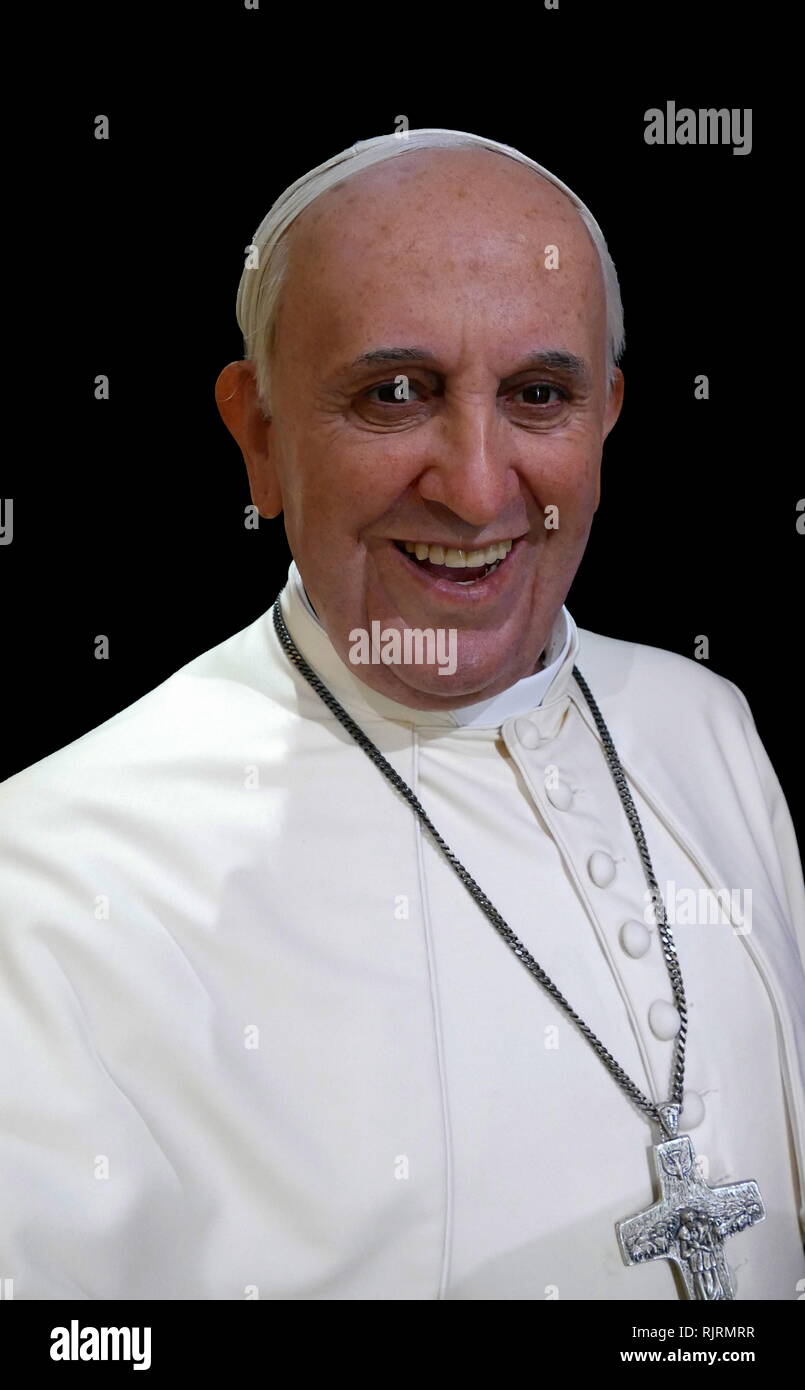Pope Francis, the 266th Pope of the Roman Catholic Church, is a beacon of humility and reform. His journey from a simple Jesuit priest in Argentina to the leader of over a billion Catholics worldwide has been nothing short of inspiring. Known for his compassionate approach towards social issues and his commitment to reforming the Church, Pope Francis continues to leave an indelible mark on the global stage.
As we delve into the life and legacy of Pope Francis, it becomes evident that his leadership style is marked by inclusivity and a deep sense of empathy. His dedication to addressing issues such as poverty, climate change, and inequality resonates with people across all walks of life. This profile explores the key facts about this humble pope, shedding light on his background, achievements, and the profound impact he has had on the Catholic Church and beyond.
The Making of a Global Leader
Born Jorge Mario Bergoglio on December 17, 1936, in Buenos Aires, Pope Francis grew up in a household of Italian immigrants. His father, Mario, worked as an accountant for the railways, while his mother, Regina Sivori, was a homemaker. From a young age, Jorge displayed a keen interest in spirituality and academia, eventually leading him to join the Society of Jesus in 1960.
Ordained as a Jesuit priest in 1969, Bergoglio quickly rose through the ranks of the Church. He served as the Archbishop of Buenos Aires from 1998 to 2013, where he earned a reputation for his humility and dedication to serving the poor. His decision to live in a modest apartment rather than the archbishop's palace underscored his commitment to simplicity and service.
In March 2013, following the resignation of Pope Benedict XVI, Cardinal Bergoglio was elected as the new Pope, taking the name Francis in honor of Saint Francis of Assisi. This choice reflected his desire to lead a Church focused on compassion, mercy, and environmental stewardship.
A Visionary Reformer
Since assuming the papacy, Pope Francis has embarked on a mission to reform the Catholic Church, tackling long-standing issues such as corruption and bureaucracy. His efforts have not only won admiration but also stirred controversy within certain circles of the Church hierarchy. Despite these challenges, he remains steadfast in his vision of a more inclusive and transparent institution.
One of his most significant contributions has been his emphasis on reaching out to marginalized communities. Whether addressing the plight of refugees or advocating for indigenous rights, Pope Francis consistently highlights the importance of solidarity and justice. His encyclicals, such as Laudato Si' and Fratelli Tutti, further reinforce his message of care for creation and universal fraternity.
Through his actions and words, Pope Francis strives to make the Catholic Church more relevant to its 1.2 billion followers. By promoting dialogue and understanding, he aims to bridge divides and foster unity among diverse cultures and faiths.
An Enduring Legacy
Pope Francis' biography reveals a man deeply rooted in his faith yet open to the world's complexities. His early years in Argentina shaped his worldview, instilling in him a profound respect for human dignity and the environment. These values continue to guide his leadership today.
In Italy, he is affectionately known as Il Papa, reflecting the deep affection and respect he commands among the faithful. His ability to connect with people from all backgrounds has endeared him to millions around the globe. Friends and colleagues describe him as approachable and genuine, qualities that define his pontificate.
As Pope Francis navigates the challenges facing the modern Church, his legacy will undoubtedly be one of transformation and renewal. Through his unwavering commitment to justice and peace, he inspires hope and renewal in a rapidly changing world. His story serves as a reminder that true leadership stems from humility and a heartfelt desire to serve others.

